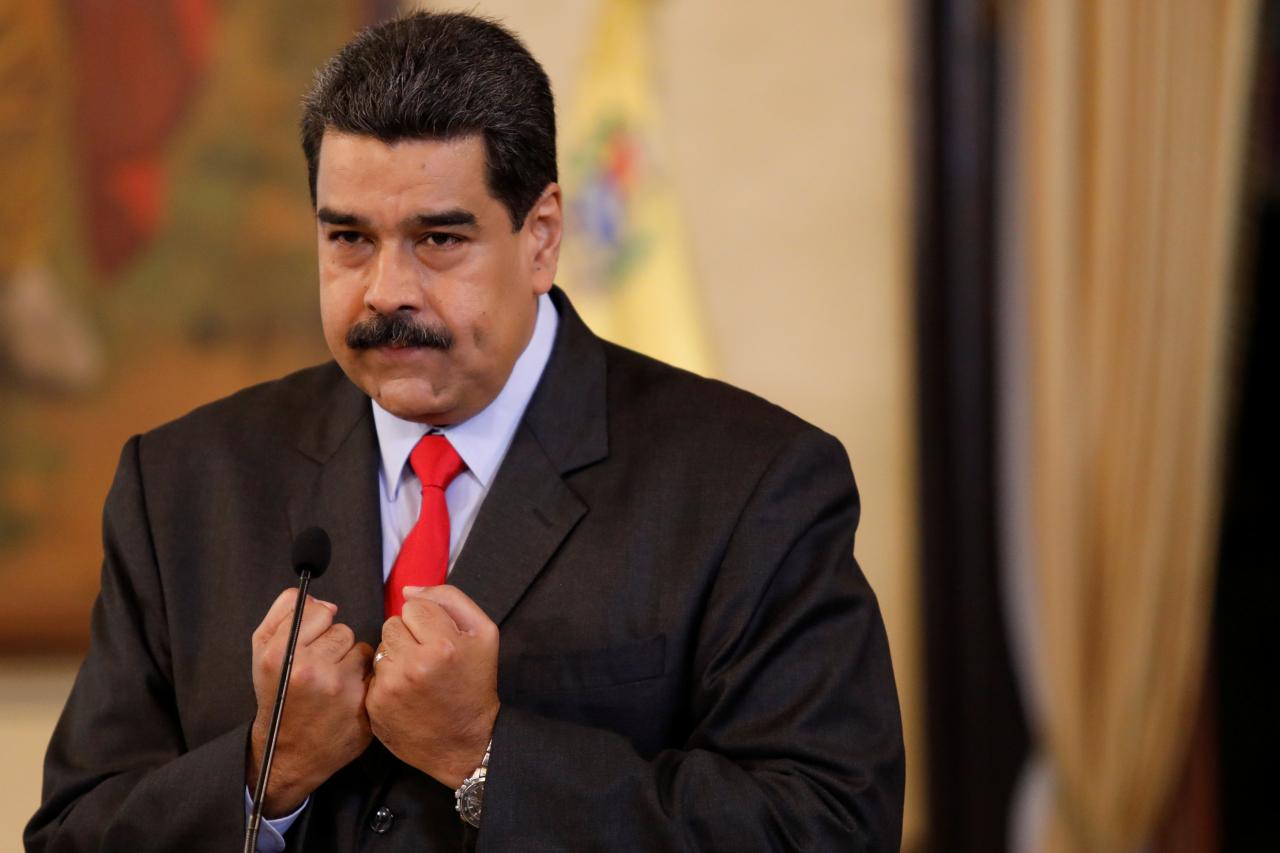The First Government Crypto Was a Fiasco
Ever since the invention of cryptocurrency, people have asked whether governments will just create their own to compete directly with private issuance. Many governments have talked about doing so. In the greatest of ironies, it was Venezuela (socialist “paradise” of hunger, poverty, and massive emigration) that has made the most public attempt with the pre-sale of a new token called the Petro.
The idea here was to create a new currency as an alternative to the country’s fiat currency, the Bolivar, which has been effectively destroyed by 5-digit inflation levels. No one wants it. Maybe someone will want the Petro.
The idea behind cryptocurrency is that it relies on voluntarism. The value of the coin depends on the market itself. It is not tied to government fiat. For this reason, coins can rise to $20K or fall to zero. You might say that this creates a scary volatility. But actually what it does is create a truth test. Whatever value a digital asset enjoys reflects the value that people believe it should have, minute to minute.
In that way, crypto works as an ultimate democracy and revealer of public preferences. It is only “tied” to the service it provides. The method of valuation, then, is the opposite of what government usually does. There is no coercion. No threats. No tricks. No privileges. No guns.
Will a government-issued crypto eschew the methods of force? Doubtful. In the case of President Nicolás Maduro, certainly not. He claims that the presale of the Petro raised $743 million but provided absolutely no means for an independent source to check that figure against reality. We are just supposed to take his word for it, which is precisely why no one believes it.
There are emergent standards in the crypto world. There are services that evaluate white papers. Anything that seems unusual is immediately suspected. Everyone is hunting for bad players and working to publicize them. The structures for internal policing of this sector are increasingly sophisticated. The Petro has passed none of them. It is the ultimate s***coin.
As just one example, the original white paper said that the initial coin sale would “start on February 20, 2018, and will consist of the creation and sale of an ERC20 token on the blockchain Ethereum platform.” But when the presale actually started, there was no presence of Ethereum. Instead, it was released on the blockchain NEM – a real blockchain but one that immediately refuted Maduro’s claim that the company had endorsed the Petro. This kind of switch would be unthinkable in the private markets. The coin would be immediately and forever discredited.
What’s more, it is not even clear who is the owner of the Petro coins that have so far been created on the blockchain. Analysts observe 38.4 million of them but it would appear that the Venezuelan government owns them all as the sole buyer in the market. This is nothing but a ruse.
But here is the real kicker. President Maduro, on the very day of the sale, made the following announcement. “I gave the order to the company PDVSA, Pequiven and CVG to realize as of today a percentage of their sales and purchases in…the Petro.” PDVSA is a state-owned oil company. He is requiring that the state company accept the cryptocurrency that the state itself owns. Further, the government has said that it will accept Petros for payment in taxes, with the hope that this will further boost demand for its currency.
In other words, it would appear as if this is a crypto in name only. Really it is just a release of government credits that he plans to force on the country – a classic move by a bankrupt and highly corrupt government.
Then, immediately on the heels of this highly suspect pre-sale, the government immediately announced a new coin: the Petro Gold. It will be “backed” by gold (in mines? In vaults?) just as the Petro is “backed” by oil. What this might actually be is nothing but the issuance of credits based on the only assets that the government has left. They could both fall to zero in the event that the Maduro government loses power and the new government takes power. That’s presuming that the thing is worth anything at all today. We don’t really know.
Once you break it all down, nothing about this government issue conforms to the normal model of a crypto released on the free market. To be sure, some government in the future could do this the right way and release a genuine crypto. But as the first real attempt, this does not bode well for the future. Crypto belongs to the market. That is its natural home. This is why I’m highly suspicious of any government-endorsed coin.
How long can the Maduro government keep the scam alive? In a world of more than a thousand quasi-viable, market-tested, daily-traded cryptoassets, nothing coming out of the highly untrustworthy Venezuelan government can possibly compete. We will see this should the Petro ever actually be carried by the regular exchanges and come to be evaluated by the market itself. It would be surprising if the coin earns anything like a serious valuation.
For well over 100 years, governments have enjoyed a monopoly over the production of money. Bitcoin ended that. We no longer have to take their word for it. There is now a market test for the quality of money. In a competitive market for money, I see no basis for believing that government can win. They might all end up going the way of the Petro, which is to say, nowhere fast.











